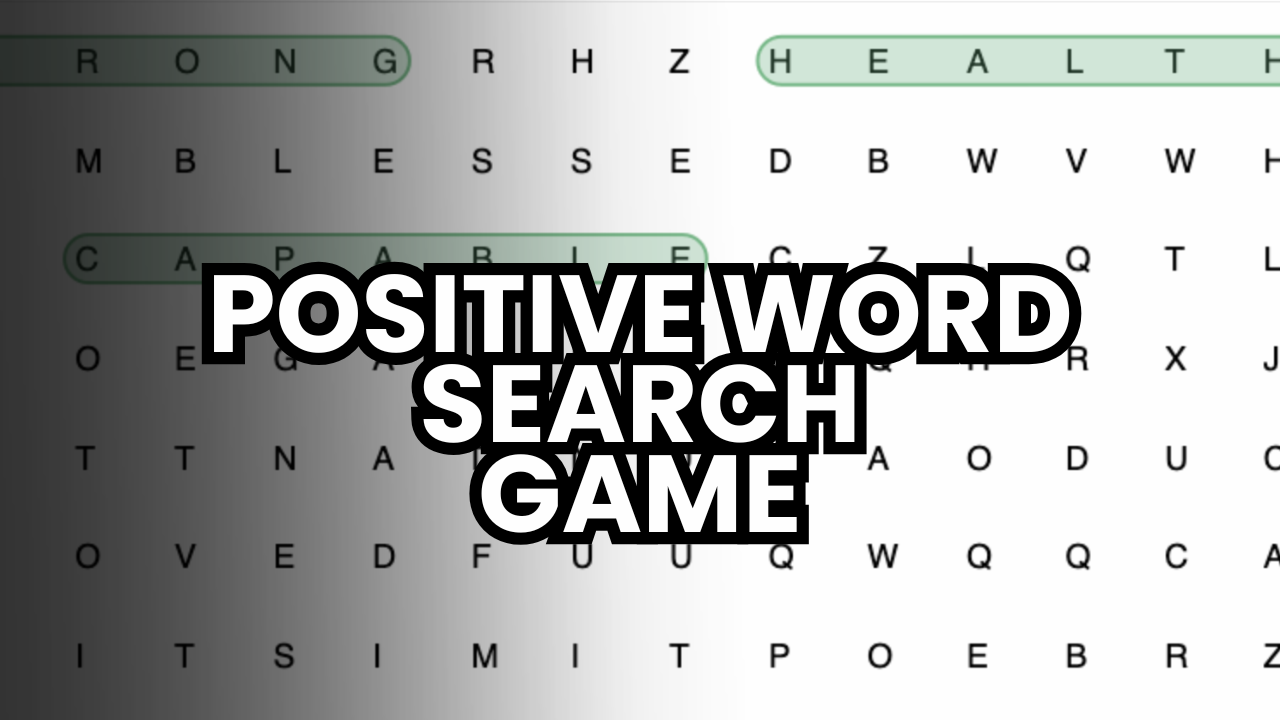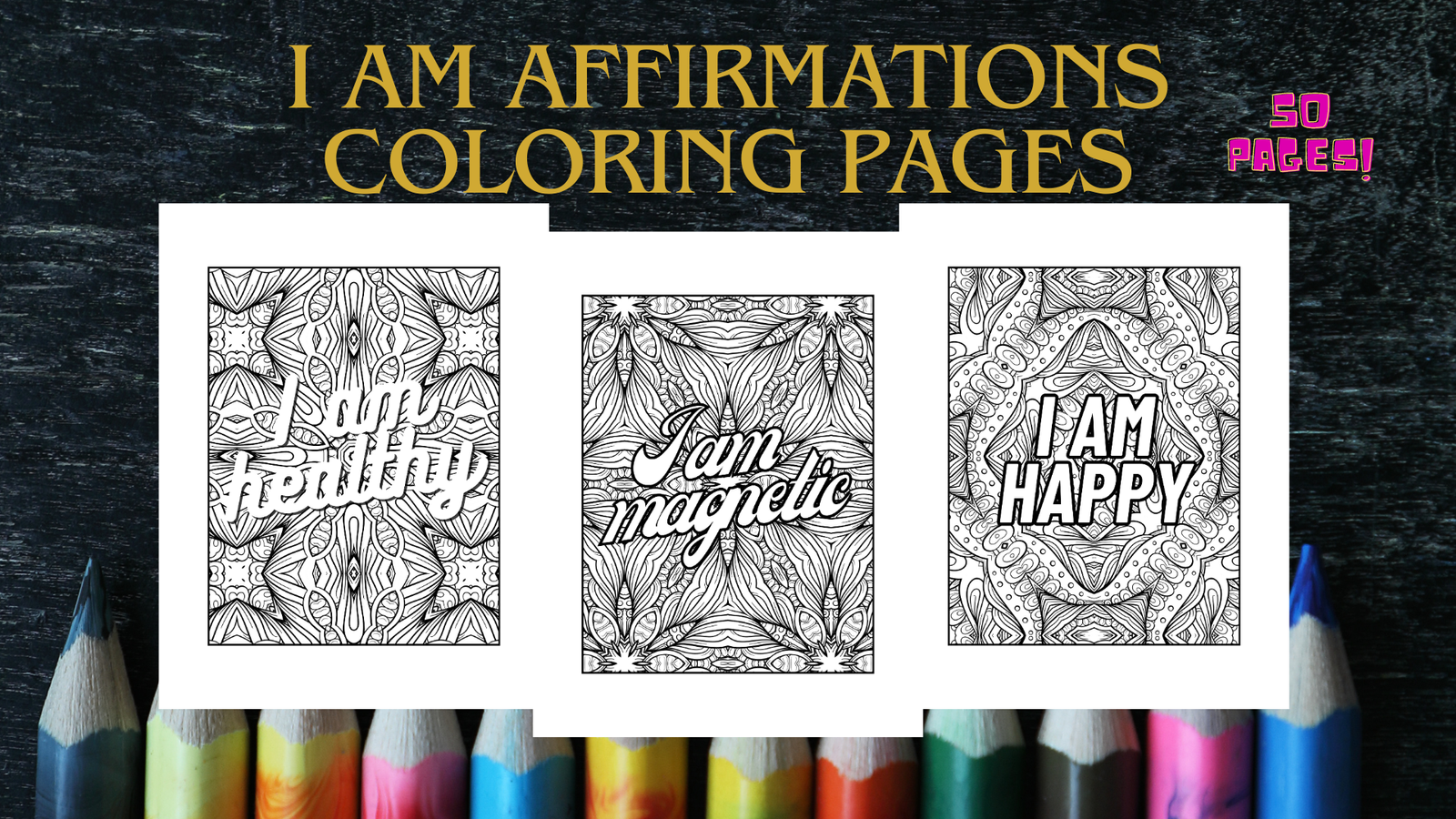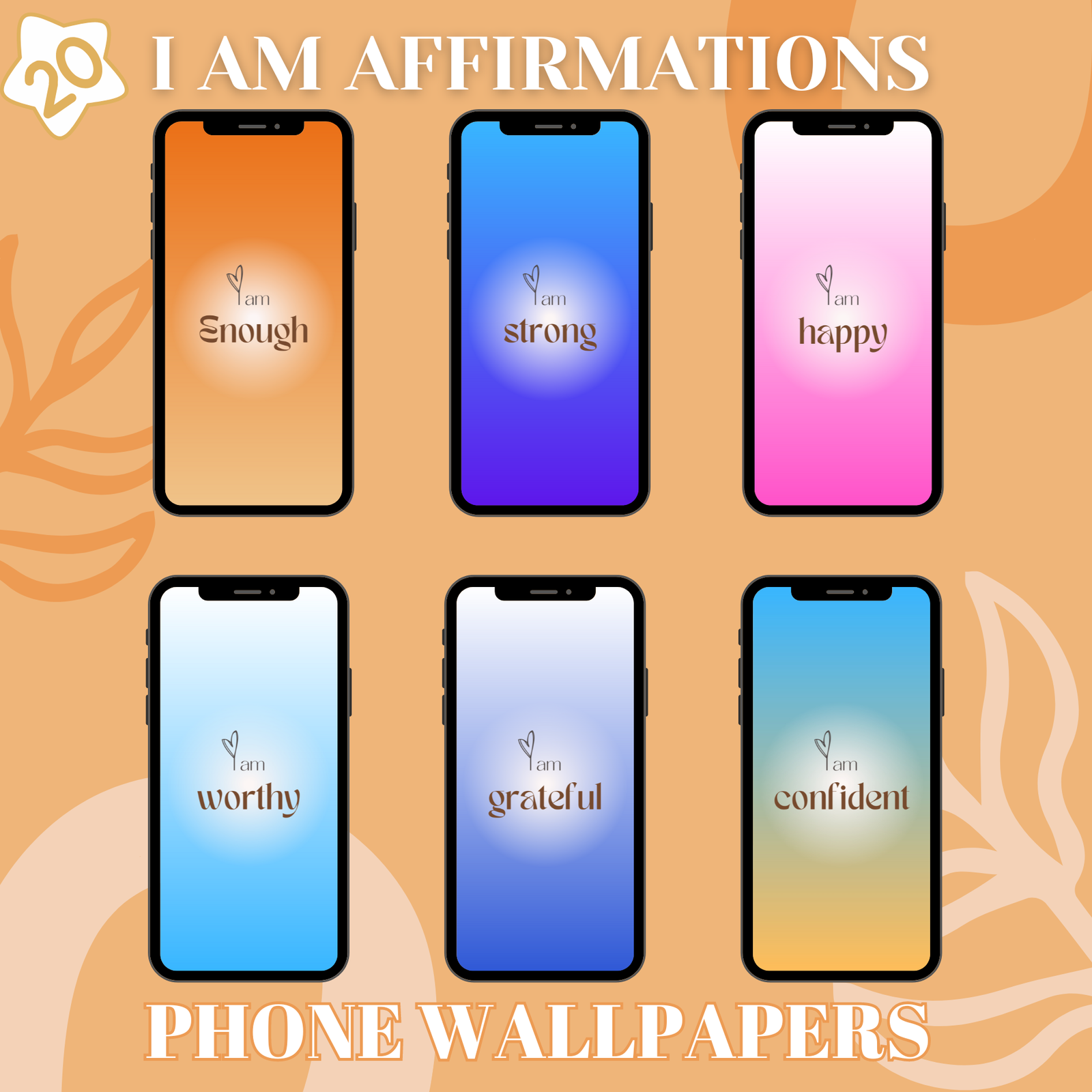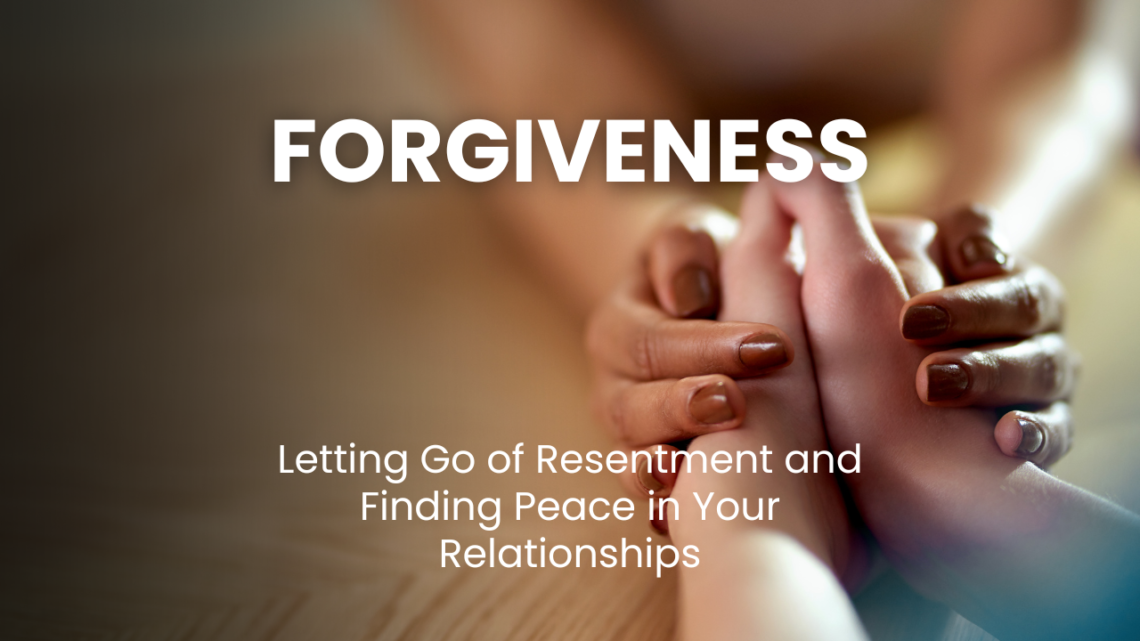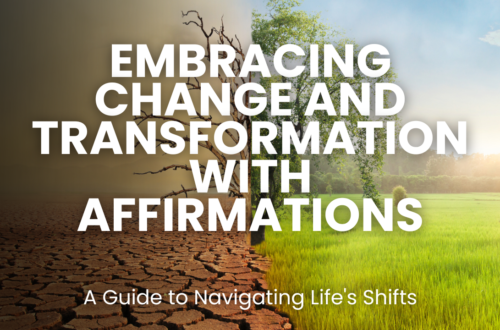Forgiveness. It’s a word that carries immense weight, often associated with weakness or condoning hurtful actions. But true forgiveness is anything but. It’s a powerful act of self-liberation, a key to unlocking inner peace, and a crucial ingredient for building and maintaining healthy, resilient relationships. This comprehensive guide delves into the intricate process of forgiveness, exploring its transformative power and offering practical strategies for letting go of resentment and finding peace in your relationships.

Understanding Forgiveness: More Than Just Saying “I Forgive You”
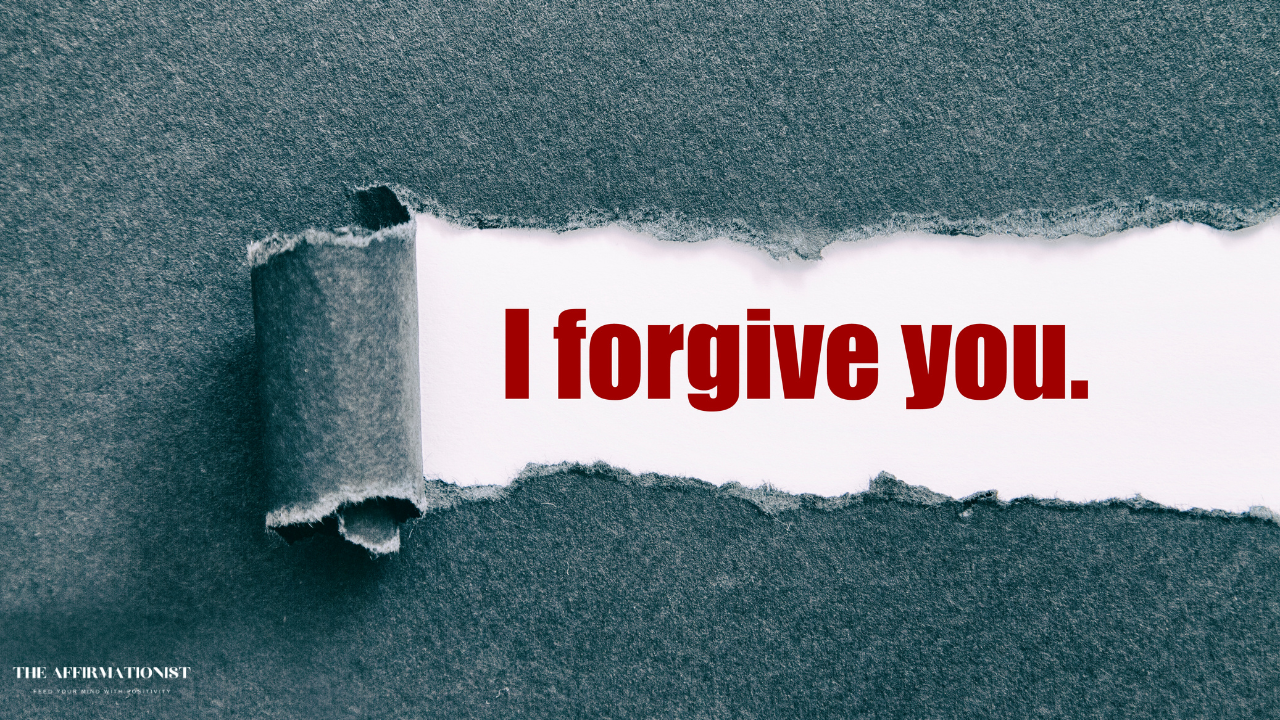
True forgiveness is a complex and multifaceted process that involves much more than just uttering those words. It’s not a superficial statement but a profound shift in perspective and a release of deeply held emotions.
Forgiveness is an Internal Process, Not Just an External Declaration:
Saying “I forgive you” can sometimes be a performative act, done out of obligation or social pressure. True forgiveness, however, is an internal journey. It’s a process that takes place within you, regardless of whether the person you’re forgiving is present or even aware of your decision. It’s about changing your relationship to the hurt, not necessarily the relationship with the person who caused it. You can forgive someone even if they never apologize or acknowledge their wrongdoing. This highlights the self-focused nature of true forgiveness. It’s primarily for your benefit, your emotional well-being, and your ability to move forward.
Forgiveness is Not Condoning or Excusing Harmful Behavior:
A common misconception is that forgiveness means condoning or excusing the actions that caused you pain. This is absolutely not the case. Forgiving someone doesn’t mean you think what they did was okay, or that they shouldn’t be held accountable. You can forgive someone while still acknowledging the harm they caused and maintaining healthy boundaries. Forgiveness is about releasing your resentment, not absolving the other person of responsibility. It’s about separating the person from their actions. You can disapprove of what they did while still choosing to let go of the anger and bitterness that’s consuming you.
Forgiveness is Not Forgetting:
Forgiving someone doesn’t mean forgetting what happened. The memory of the event may remain, but the emotional charge associated with it begins to lessen. You don’t erase the past, but you choose not to let it define your present or future. The pain may still surface occasionally, especially in the early stages of the forgiveness process, but it will gradually lose its intensity. Think of it like a scar: it’s a reminder of a past wound, but it no longer causes active pain.
Forgiveness is a Choice, Not a Feeling:
Feelings are often involuntary, and you may not feel like forgiving someone, especially if the hurt is deep. However, forgiveness is ultimately a choice. It’s a decision you make to release the negative emotions that are weighing you down. The feelings may follow later, but the initial act of forgiveness is a conscious and deliberate choice. You may need to reaffirm this choice many times as you navigate the forgiveness process. It’s not about magically conjuring up positive feelings towards the person who hurt you; it’s about making a commitment to your own healing and well-being.
Forgiveness is a Process, Not an Event:
Forgiveness is rarely a one-time event. It’s a journey, often a long and winding one, with ups and downs. There may be setbacks, and you may find yourself revisiting the pain and resentment from time to time. This is perfectly normal. It’s important to be patient with yourself and allow the process to unfold at its own pace. Don’t expect instant results. Forgiveness is a gradual process of letting go, layer by layer, and it requires time, effort, and self-compassion.
Forgiveness is About Reclaiming Your Power:
When you hold onto resentment, you’re giving the person who hurt you power over your emotions and your life. Forgiveness is about reclaiming that power. It’s about taking back control of your emotional state and refusing to let the past dictate your present or future. It’s a way of saying, “I will not let this event define me.” Forgiveness is an act of empowerment, a way to break free from the emotional prison of resentment and move forward with your life.
The Benefits of Forgiveness: Healing Yourself and Your Relationships

Forgiveness isn’t just a noble act; it’s a powerful tool for self-preservation and growth. The benefits for personal healing are substantial and far-reaching:
Benefits for Personal Healing:
- Emotional Liberation: Holding onto resentment, anger, and bitterness is like carrying a heavy burden. These negative emotions can fester and poison your inner world, leading to anxiety, depression, and even physical health problems. Forgiveness is like setting down that burden. It frees you from the emotional weight of the past, allowing you to experience greater peace, joy, and emotional freedom. It’s not about condoning what happened, but about refusing to let it control your present.
- Mental Well-being: Chronic stress from unresolved anger can significantly impact your mental health. It can disrupt sleep, impair concentration, and contribute to feelings of hopelessness. Forgiveness helps to reduce stress hormones like cortisol, leading to improved mood, better sleep, and increased mental clarity. It allows you to focus on the present and future instead of being consumed by the past.
- Physical Health: The mind-body connection is undeniable. Chronic stress can manifest in physical ailments such as headaches, digestive problems, high blood pressure, and a weakened immune system. By reducing stress through forgiveness, you can positively impact your physical health. Studies have even shown correlations between forgiveness and improved cardiovascular health.
- Increased Self-Esteem: Forgiveness is an act of self-care and self-respect. It demonstrates a commitment to your own well-being and a recognition that you deserve peace and happiness. Choosing to forgive can be empowering, leading to increased self-esteem and a greater sense of self-worth. It shows you value your own peace enough to let go of what’s hurting you.
- Greater Self-Compassion: The journey of forgiveness often involves looking inward and understanding your own vulnerabilities and imperfections. This can lead to greater self-compassion and a more accepting attitude towards yourself. Recognizing that everyone makes mistakes, including yourself, fosters a kinder and gentler inner dialogue.
- Personal Growth: Forgiveness can be a catalyst for personal growth. By reflecting on the experience and how you handled it, you can learn valuable lessons about yourself, your resilience, and your capacity for compassion. It can help you to develop greater emotional intelligence and build stronger coping mechanisms for future challenges.
Benefits for Relationships:
Forgiveness plays a crucial role in building and maintaining healthy relationships. It can be a powerful tool for healing rifts and fostering deeper connections:
- Restoring Trust: When trust is broken, forgiveness can be the first step towards rebuilding it. It doesn’t guarantee that trust will be fully restored, but it opens the possibility for healing and reconciliation. It creates a space where open communication and vulnerability can begin to flourish again.
- Improved Communication: Resentment and anger can create barriers to communication. Forgiveness helps to clear those barriers, allowing for more honest and open dialogue. It creates a safer space for both parties to express their feelings and needs without fear of judgment or retaliation.
- Deeper Intimacy: Forgiveness can pave the way for deeper intimacy and connection. By letting go of resentment, you create space for empathy, understanding, and compassion to grow. It allows you to see the other person as a human being, flaws and all, and to connect with them on a more authentic level.
- Strengthened Bonds: Relationships that have weathered storms of hurt and resentment can emerge stronger and more resilient after forgiveness. The shared experience and the journey of healing can create a deeper bond and a greater appreciation for the relationship.
- Breaking Cycles of Hurt: Forgiveness can help to break cycles of hurt and resentment that can be passed down through generations. By choosing to forgive, you’re not only healing yourself but also creating a healthier emotional environment for future generations.
- Greater Empathy and Understanding: Forgiveness often involves trying to understand the other person’s perspective, even if you don’t agree with their actions. This can foster empathy and compassion, leading to more meaningful and fulfilling relationships. It allows you to see the other person’s humanity and recognize that everyone is struggling with their own challenges.
It’s important to remember that forgiveness is a gift you give yourself first and foremost. While it can greatly benefit your relationships, its primary purpose is to liberate you from the burden of resentment and pave the way for your own healing and growth.
The Forgiveness Process: A Journey, Not a Destination

Forgiveness is not a one-time event; it’s a journey that unfolds over time. It’s important to be patient with yourself and allow the process to unfold naturally. There’s no right or wrong way to forgive, and the journey will be unique for everyone. However, some common stages can be identified:
Forgiveness is a Journey, Not a Destination:
This simple statement carries profound implications. It means that forgiveness isn’t something you achieve instantly, like flipping a switch. It’s not a single decision you make and then it’s done. Instead, it’s a process, a journey that unfolds over time, often with twists and turns, setbacks, and periods of progress. Thinking of it as a journey allows for the natural ebb and flow of emotions and acknowledges that healing takes time.
The Stages of the Journey are Not Linear:
While some common stages of forgiveness can be identified (as discussed previously), it’s important to understand that these stages are not necessarily linear. You might experience them in a different order, revisit certain stages multiple times, or even skip some altogether. The journey is unique to each individual and each situation. There’s no set timeline or prescribed path. You might feel like you’ve made progress one day and then find yourself struggling with resentment again the next. This is all part of the process.
The Journey Involves Emotional Processing:
Forgiveness is not just a cognitive decision; it’s deeply emotional. It requires you to process a range of emotions, including anger, hurt, sadness, and perhaps even confusion. This emotional processing can be challenging and sometimes painful. It’s important to allow yourself to feel these emotions without judgment and to find healthy ways to express them. Suppressing or ignoring your feelings will only prolong the healing process.
The Journey Requires Self-Compassion:
Be kind to yourself throughout the forgiveness journey. It’s okay to struggle. It’s okay to have setbacks. It’s okay to not feel like forgiving someone right away. Practice self-compassion and remember that healing takes time. Don’t beat yourself up for having negative feelings. Acknowledge them, accept them, and allow yourself to move through them at your own pace.
The Journey May Involve Setbacks:
As you navigate the forgiveness process, you may experience setbacks. You might find yourself revisiting the pain and resentment, especially when triggered by reminders of the event. This is perfectly normal. Setbacks are not failures; they’re simply part of the journey. When you experience a setback, don’t get discouraged. Acknowledge the feeling, reaffirm your commitment to forgiveness, and continue moving forward.
The Journey is Ongoing:
Even after you’ve made significant progress in forgiving someone, the journey may not be completely over. The memory of the event may still surface from time to time, and you may occasionally experience lingering emotions. This is a normal part of the healing process. It doesn’t mean you haven’t truly forgiven. It simply means that the experience has become a part of your story, and you’ve learned to integrate it into your life in a healthy way.
The Journey Leads to Growth:
Although the forgiveness journey can be challenging, it can also be incredibly rewarding. It can lead to significant personal growth, increased self-awareness, and a greater capacity for compassion. By choosing to forgive, you’re not only healing yourself but also creating a more positive and fulfilling life.
Embracing the Journey:
Instead of viewing forgiveness as a destination to be reached, try to embrace it as a journey of healing and growth. Be patient with yourself, allow yourself to feel your emotions, and remember that setbacks are a normal part of the process. The journey of forgiveness is not always easy, but the rewards are well worth the effort. It’s a journey that will ultimately lead to greater peace, freedom, and well-being.
Challenges and Roadblocks to Forgiveness

Forgiveness, while a powerful path to healing, is rarely a smooth and easy journey. Numerous challenges and roadblocks can arise, making the process complex and sometimes seemingly insurmountable. Understanding these potential obstacles is crucial for navigating the journey with greater awareness, patience, and self-compassion.
Severity of the Offense:
The nature and severity of the offense play a significant role in the ease or difficulty of forgiveness. Minor transgressions might be easier to forgive than deeply hurtful acts like betrayal, abuse, or violence. The deeper the wound, the longer and more arduous the healing process is likely to be. Severe trauma, in particular, can make forgiveness feel impossible, and professional guidance is often necessary.
Unrepentant Offender:
Forgiving someone who is unrepentant or who refuses to acknowledge their wrongdoing can be especially challenging. It can feel unfair or unjust to forgive someone who doesn’t seem to deserve it. However, it’s important to remember that forgiveness is primarily for your benefit, not the offender’s. You can choose to forgive even if the other person never apologizes or changes their behavior. It’s about releasing your resentment, not condoning their actions.
Fear of Re-injury:
Sometimes, we hold onto resentment as a form of self-protection. We fear that if we forgive, we’ll be vulnerable to being hurt again. This fear can be particularly strong in cases of repeated or ongoing abuse. It’s important to acknowledge this fear and to take steps to ensure your safety and well-being. Forgiveness doesn’t mean putting yourself in harm’s way. It’s about releasing the emotional burden of resentment while also setting healthy boundaries.
Misconceptions about Forgiveness:
As discussed previously, many people have misconceptions about what forgiveness truly means. They might believe it means condoning harmful behavior, forgetting what happened, or excusing the offender from responsibility. These misconceptions can create roadblocks to forgiveness because they misrepresent its purpose and nature. Clarifying these misconceptions is essential for understanding the true meaning of forgiveness and its potential benefits.
Lack of Support:
Navigating the forgiveness journey alone can be incredibly difficult. A lack of support from family, friends, or a therapist can make the process feel overwhelming. Having someone to listen, validate your feelings, and offer encouragement can be invaluable. If you’re struggling to forgive, consider seeking support from a trusted individual or a professional counselor.
Societal or Cultural Pressures:
Sometimes, societal or cultural norms can make forgiveness feel difficult. You might feel pressure to hold onto resentment or seek revenge, especially if the offense is viewed as particularly egregious. It’s important to remember that forgiveness is a personal choice, and you shouldn’t feel pressured to forgive if you’re not ready.
Personal Beliefs and Values:
Your personal beliefs and values can also influence your ability to forgive. Some people may find it easier to forgive based on their religious or spiritual beliefs, while others may struggle with the concept of forgiveness altogether. It’s important to honor your own beliefs and values as you navigate the forgiveness process.
Emotional Exhaustion:
Forgiveness can be emotionally draining. It requires a significant investment of energy and can bring up painful memories and feelings. If you’re already feeling emotionally exhausted, the prospect of forgiveness can seem overwhelming. It’s important to prioritize self-care and to allow yourself time to rest and recharge.
Unwillingness to Let Go:
Sometimes, we hold onto resentment because it gives us a sense of control. Letting go of that resentment can feel like losing control, which can be frightening. It’s important to recognize that holding onto resentment is ultimately hurting you, not the person who offended you. Letting go is an act of empowerment, not weakness.
Secondary Gains:
Sometimes, we unconsciously derive certain benefits from holding onto resentment. For example, it might garner sympathy or attention from others. It’s important to examine whether there are any secondary gains you might be getting from holding onto resentment and to address those needs in healthier ways.
Navigating the Roadblocks:
It’s important to remember that these challenges and roadblocks are normal. They don’t mean you’re incapable of forgiveness. They simply mean that the journey may be more complex and require more time and effort. Be patient with yourself, seek support when needed, and remember that forgiveness is a process, not a destination. If you’re struggling to overcome these obstacles, consider seeking guidance from a therapist or counselor who specializes in forgiveness. They can provide valuable support and help you to navigate the complexities of the journey.
Practical Tips for Cultivating Forgiveness

Cultivating forgiveness is a skill that can be developed and strengthened over time. While it’s a deeply personal journey, there are practical steps you can take to foster the process and move towards greater peace and healing.
Start Small:
Don’t feel pressured to tackle the biggest hurts right away. Begin by practicing forgiveness with smaller, less emotionally charged situations. This can help you build your “forgiveness muscles” and develop the skills needed to address more significant hurts later on. Think of it as training for a marathon – you wouldn’t start with a 26-mile run; you’d begin with shorter distances and gradually increase your stamina.
Practice Empathy:
Try to see the situation from the other person’s perspective, even if you don’t agree with their actions. This doesn’t mean condoning their behavior, but rather attempting to understand the factors that may have contributed to it. Empathy can help you develop compassion and break down the barriers of resentment. Ask yourself: What might have been going on in their life? What might have influenced their choices?
Focus on Your Own Healing:
Remember that forgiveness is primarily about your well-being. It’s about releasing the negative emotions that are holding you back, not about excusing the other person’s behavior. Shift your focus from what they did to how you’re feeling and what you need to heal. Prioritize self-care and engage in activities that bring you joy and peace.
Seek Support:
Talking to a trusted friend, family member, therapist, or spiritual advisor can be invaluable in the forgiveness process. Having someone to listen, validate your feelings, and offer support can make a significant difference. Don’t be afraid to reach out for help when you’re struggling.
Practice Mindfulness:
Mindfulness can help you become more aware of your emotions and thoughts without judgment. By paying attention to your inner experience, you can learn to observe your feelings of anger and resentment without getting carried away by them. This can create space for greater compassion and understanding.
Challenge Negative Thoughts:
Resentment often fuels negative thought patterns. Challenge these thoughts by asking yourself if they’re truly accurate and helpful. Are you making assumptions about the other person’s intentions? Are you exaggerating the impact of their actions? Replacing negative thoughts with more balanced and realistic ones can help you shift your perspective.
Express Your Feelings (If Appropriate):
Sometimes, expressing your feelings to the person who hurt you can be a powerful step in the healing process. However, this is not always necessary or possible, and it’s essential to do what feels right for you. If you choose to express your feelings, do so in a calm and respectful manner, focusing on how their actions affected you rather than blaming or accusing them.
Write About Your Experience:
Journaling can be a helpful way to process your emotions and gain clarity about the situation. Writing about your experience can help you identify patterns, understand your own reactions, and make sense of what happened. It can also be a way to express feelings that you might not be comfortable sharing with others.
Practice Gratitude:
Even in the midst of pain and hurt, there are often things to be grateful for. Focusing on these positive aspects of your life can help to shift your perspective and create a sense of balance. Practicing gratitude can also foster a more positive mindset, which can be beneficial in the forgiveness process.
Remember that Forgiveness is a Process:
Be patient with yourself. It takes time to heal and let go of resentment. Don’t expect instant results, and don’t get discouraged if you experience setbacks. Forgiveness is a journey, not a destination. Celebrate your progress along the way, no matter how small.
Set Realistic Expectations:
Forgiveness doesn’t mean forgetting what happened or condoning the other person’s actions. It also doesn’t mean that you have to reconcile with them or rebuild the relationship. Set realistic expectations for yourself and the situation. Focus on releasing your own resentment and finding peace within yourself.
Focus on the Present and Future:
Don’t dwell on the past. Focus on the present moment and create a vision for your future. This will help you shift your focus away from the pain and towards healing and growth. Ask yourself: What do I want my life to look like? What steps can I take to move forward?
Seek Professional Help:
If you’re struggling to forgive, consider seeking professional help from a therapist or counselor. They can provide guidance, support, and tools to help you navigate the forgiveness process. Therapy can be especially helpful in cases of severe trauma or abuse.
Affirmations for Forgiveness: Shifting Your Mindset
Affirmations are positive statements that can help to reprogram your subconscious mind and shift your mindset towards forgiveness. Repeating affirmations regularly can help to replace negative thoughts and beliefs with more positive and empowering ones. Here are some examples of affirmations you can use for forgiveness:



- “I am willing to forgive myself for holding onto this pain.”
- “I choose to release this resentment and anger.”
- “I am open to healing and finding peace.”
- “I forgive [person’s name] for their actions.” (This can be challenging, but powerful when you are ready).
- “I am releasing the need to be right.”
- “I am worthy of peace and happiness.”
- “I am learning and growing from this experience.”
- “I choose to focus on the present moment.”
- “I am creating a future filled with love and compassion.”
- “I am strong and capable of healing.”



How to Use Affirmations:
Find a Quiet Space:
Choose a quiet and comfortable place where you can relax and focus without distractions. This could be your bedroom, a peaceful spot in nature, or any place where you feel safe and at ease.
Relax Your Body and Mind:
Before starting your affirmations, take a few deep breaths to relax your body and mind. You can also try other relaxation techniques, such as meditation or progressive muscle relaxation. The more relaxed you are, the more receptive your subconscious mind will be to the affirmations.
State Your Affirmations with Intention:
Say your affirmations aloud or silently to yourself, but do so with feeling and intention. Don’t just recite them mechanically. Focus on the meaning of each affirmation and try to embody the feelings associated with it. Imagine yourself experiencing the peace and freedom that comes with forgiveness.
Visualize:
Visualization can amplify the power of affirmations. As you repeat your affirmations, visualize yourself experiencing the positive outcomes you desire. Imagine yourself feeling lighter, more peaceful, and free from resentment. See yourself interacting with others with compassion and understanding.
Be Consistent:
Consistency is key when working with affirmations. Repeat your affirmations regularly, ideally daily, for several weeks or even months. The more you repeat them, the more deeply they will penetrate your subconscious mind. Set aside a specific time each day for your affirmation practice, such as in the morning or before bed.
Be Patient:
It takes time for affirmations to work. Don’t get discouraged if you don’t see immediate results. Be patient with yourself and trust that the affirmations are working on a deeper level. Continue practicing your affirmations even if you don’t feel an immediate shift.
Combine Affirmations with Action:
Affirmations are most effective when combined with action. While affirmations can shift your mindset, it’s also important to take concrete steps towards forgiveness. This might involve setting boundaries, communicating your feelings (if appropriate), or seeking professional help.
Listen to Your Inner Voice:
Pay attention to your inner voice and any resistance that may arise as you repeat your affirmations. If you notice any negative thoughts or feelings, acknowledge them without judgment and gently redirect your focus back to the positive affirmations.
Be Flexible:
Don’t be afraid to adjust your affirmations as needed. As you progress on your forgiveness journey, your needs and challenges may change. Review your affirmations periodically and make sure they are still relevant and helpful.
1Use Different Modalities:
Experiment with different ways of using affirmations. You can write them down, listen to them in audio recordings, or create visual reminders. Find what works best for you and incorporate it into your daily practice.
Believe in the Process:
The more you believe in the power of affirmations, the more effective they will be. Approach your affirmation practice with a positive and open mindset. Trust that you are capable of healing and that forgiveness is possible.
Forgiveness in Different Relationships
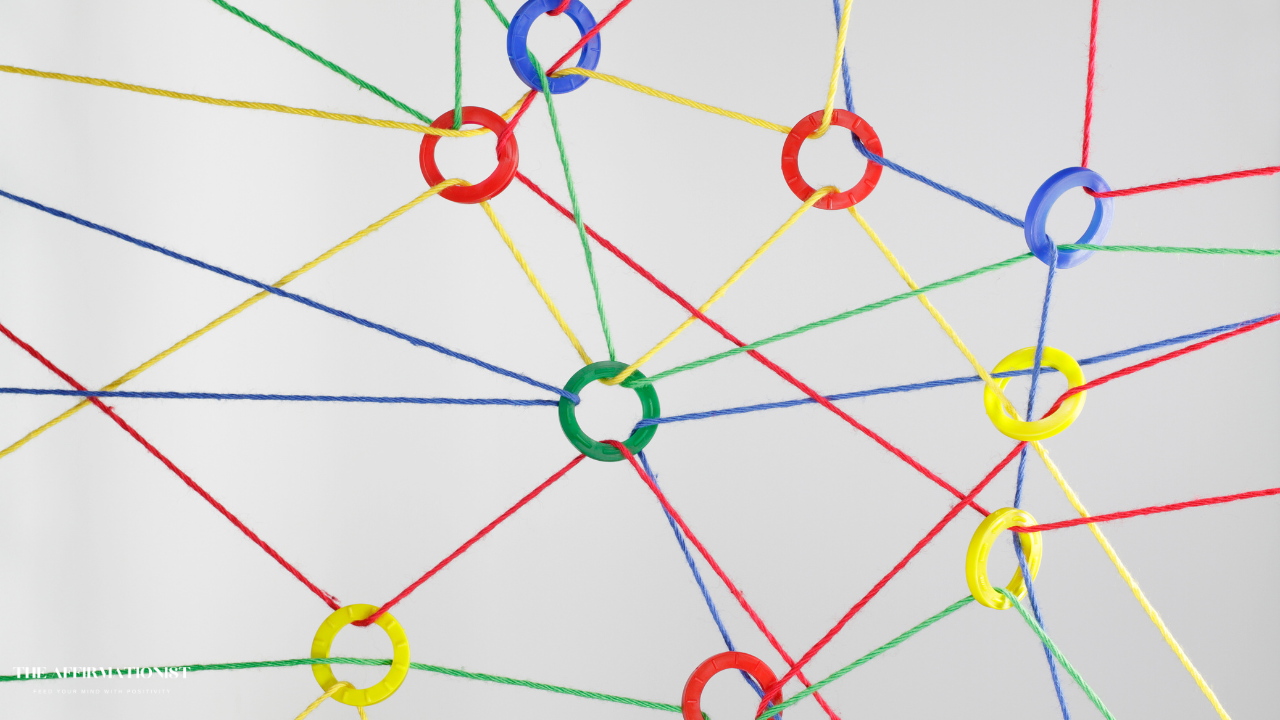
The principles of forgiveness apply to all types of relationships, whether it’s with family members, friends, romantic partners, or colleagues. However, the process may look different depending on the specific relationship dynamics.
Family Relationships:
- Complexity: Family dynamics are often intricate, with long histories, shared experiences, and deep-seated patterns of interaction. This can make forgiveness particularly challenging, as old wounds may resurface easily.
- Interdependence: Family members are often interconnected in many ways, making it difficult to completely separate from the person who caused harm. This can necessitate ongoing interaction, even after forgiveness.
- Unconditional Love: The bond between family members often involves a sense of unconditional love, which can create a pull towards forgiveness, even in the face of significant hurt.
- Generational Patterns: Family relationships can be influenced by generational patterns of behavior and unresolved issues. Forgiveness can be an opportunity to break these cycles and create healthier dynamics for future generations.
Romantic Relationships:
- Betrayal: Infidelity or other forms of betrayal can deeply wound a romantic relationship, making forgiveness a long and arduous process.
- Trust: Rebuilding trust after a betrayal is often a key component of forgiveness in romantic relationships. This requires open communication, honesty, and a willingness from both partners to work on the relationship.
- Intimacy: Forgiveness can pave the way for renewed intimacy and connection in a romantic relationship. It allows couples to move past the hurt and rebuild a stronger bond.
- Ending the Relationship: In some cases, forgiveness may involve accepting that the relationship cannot be salvaged. Even in these situations, forgiveness can be important for personal healing and moving forward.
Friendships:
- Shared History: Friendships often involve a shared history and a sense of camaraderie. When a friend causes hurt, it can be particularly painful due to this existing bond.
- Communication: Open and honest communication is crucial for forgiveness in friendships. It allows both parties to express their feelings and needs.
- Boundaries: Setting boundaries may be necessary in friendships after a hurt has occurred. This can help protect the friendship while also allowing for healing.
- Letting Go: In some cases, forgiveness may involve accepting that the friendship has run its course. This can be a difficult decision, but it may be necessary for personal well-being.
Workplace Relationships:
- Professionalism: Workplace relationships often require a degree of professionalism, even when conflict arises. Forgiveness can help maintain a productive and respectful work environment.
- Collaboration: In many workplaces, collaboration is essential. Forgiveness can facilitate this by reducing animosity and fostering a more cooperative atmosphere.
- Boundaries: Setting clear boundaries is important in workplace relationships, especially after a conflict. This can help prevent further hurt and maintain a professional distance.
- Moving On: In some cases, forgiveness in the workplace may involve moving on from a particular job or team. This can be necessary for personal well-being and career advancement.
General Considerations:
- Individual Differences: Each person approaches forgiveness differently, regardless of the relationship. Some individuals may be naturally more forgiving, while others may struggle with the process.
- Cultural Influences: Cultural norms and expectations can influence how forgiveness is perceived and practiced in different relationships.
- Self-Forgiveness: It’s important to remember that forgiveness also extends to oneself. We all make mistakes, and self-forgiveness is crucial for personal healing and growth.
Key Takeaways:
- Forgiveness is a complex process that varies depending on the relationship.
- Open communication, empathy, and setting boundaries are often important components of forgiveness in any relationship.
- Forgiveness is primarily for the benefit of the individual, regardless of the other person’s actions.
- Seeking support from a therapist or counselor can be helpful in navigating forgiveness in any type of relationship.
When Forgiveness Might Not Be Possible (or Recommended)

While forgiveness is generally a positive and healing process, it’s crucial to acknowledge that there are situations where it might not be possible, advisable, or even healthy to pursue. It’s important to differentiate between choosing not to forgive in a particular moment (which can be a valid part of the process) and recognizing situations where forgiveness itself may be counterproductive or even harmful.
Situations Where Forgiveness Might Not Be Possible or Recommended:
- Ongoing Abuse: In situations of ongoing physical, emotional, or sexual abuse, the primary focus must be on safety and protection. Forgiveness should not be prioritized over escaping the abusive situation and ensuring the well-being of the victim. Seeking professional help and removing oneself from the abusive environment are paramount. Forgiveness may be something that can be explored much later, after safety is established and healing has begun. Pressuring a victim of abuse to forgive can be incredibly damaging.
- Severe Trauma: Individuals who have experienced severe trauma, such as violent assault, torture, or genocide, may find the concept of forgiveness incredibly difficult and even retraumatizing. In these cases, the focus should be on healing from the trauma itself, often with the guidance of a qualified therapist specializing in trauma. Forgiveness might be a part of the healing journey eventually, but it shouldn’t be a forced or immediate goal. It’s essential to respect the individual’s pace and process.
- Psychopathic or Sociopathic Behavior: Individuals with certain personality disorders, such as psychopathy or sociopathy, often lack empathy and remorse. In these cases, forgiveness may be particularly challenging because the offender may not recognize the harm they’ve caused or have any genuine desire to change. Attempting to forgive such individuals might lead to further manipulation or exploitation. Protecting oneself from further harm may be the most important consideration.
- When Forgiveness Endangers Others: If forgiving someone would put others at risk, it’s not recommended. For instance, if someone has committed a violent crime and shows no signs of remorse or rehabilitation, forgiving them could potentially endanger the community. In these situations, justice and public safety must take precedence.
- Premature Forgiveness: Attempting to forgive before fully processing the hurt and anger can be counterproductive. It can lead to suppressing emotions, which can resurface later in unhealthy ways. It’s essential to allow oneself adequate time to grieve, feel the pain, and work through the emotional aftermath of the offense before considering forgiveness.
- When Forgiveness is Used as a Tool of Control: Sometimes, forgiveness can be weaponized. An abuser might demand forgiveness as a way to maintain control over the victim. In these situations, forgiveness is not genuine and can be another form of abuse. It’s important to recognize these dynamics and prioritize self-protection.
- When Forgiveness Violates Personal Values: If forgiveness conflicts with deeply held personal values or beliefs, it might not be the right path. For example, someone who values justice and accountability might struggle to forgive an offender who has not been held responsible for their actions. It’s important to honor one’s own values and beliefs in the decision-making process.
Important Considerations:
- Forgiveness is a Personal Choice: Ultimately, the decision of whether or not to forgive is a personal one. No one should be pressured to forgive if they’re not ready or if it doesn’t feel right for them.
- Healing is the Priority: The primary focus should always be on healing and well-being. Forgiveness can be a part of that process, but it’s not the only path to healing.
- Professional Guidance: If you’re struggling with whether or not to forgive, seeking guidance from a therapist or counselor can be helpful. They can provide a safe space to explore your feelings and help you make the best decision for yourself.
It’s okay not to forgive: In some situations, choosing not to forgive is a valid and healthy response. It doesn’t make you a bad person or a failure. It simply means that forgiveness is not the right path for you at this time. Focus on your own healing and well-being, and trust that you will find your own way forward.
Conclusion: Embracing Forgiveness for a More Peaceful Life
Forgiveness, as we’ve explored, is far more than a simple statement or a passive acceptance of wrongdoing. It’s a dynamic, often challenging, yet ultimately liberating process. It’s not about condoning harmful actions or forgetting the pain; it’s about reclaiming your own peace and well-being. It’s about choosing to release the grip that resentment and anger have on your heart and mind.
Embracing forgiveness is not a sign of weakness; it’s an act of profound strength. It takes courage to confront the pain, to acknowledge the hurt, and to consciously choose to let go. It’s a journey of self-discovery, allowing you to understand your own resilience, your capacity for compassion, and your inherent worthiness of peace.
The path to forgiveness is rarely linear. There will be times when the old wounds ache, when the anger flares, and when the process feels overwhelming. These moments are not setbacks; they’re part of the journey. It’s crucial to practice self-compassion, to be patient with yourself, and to remember that healing takes time.
The benefits of forgiveness extend far beyond just feeling “nicer.” It’s about emotional liberation, improved mental and physical health, stronger relationships, and a greater sense of self-worth. It’s about breaking free from the shackles of the past and creating a brighter future. It’s about choosing peace over pain, freedom over resentment, and love over bitterness.
Forgiveness is not always easy, and it may not be possible or advisable in every situation. It’s essential to honor your own boundaries, to prioritize your safety and well-being, and to seek professional help when needed. Sometimes, the most courageous act of forgiveness is forgiving yourself for not being able to forgive.
Ultimately, embracing forgiveness is a gift you give yourself. It’s a way to unlock your own potential for healing, growth, and joy. It’s a way to create a more peaceful life, not just for yourself, but for those around you as well. By choosing forgiveness, you’re not only freeing yourself from the burden of the past, but you’re also contributing to a more compassionate and understanding world. It’s a journey worth taking, a process worth embracing, and a choice that can truly transform your life.
Enhance Your Journey with These Empowering Tools
As you embrace change and navigate life’s transitions with the help of affirmations, it’s important to equip yourself with tools that support your growth and well-being. From affirmation card decks to self-care essentials, the right products can help reinforce your positive mindset and create a nurturing environment for personal transformation.
Below are some carefully selected items that can complement your affirmation practice, making it easier to stay focused, resilient, and mindful throughout your journey :
- 30.48 cm 15-Note Steel Tongue Drum D Key Percussion Instrument Cornices Shape Handpan Drum With Drum Mallets Carry Bag And Music Book, Used For Music Education Concert Spiritual Healing Yoga Entertainment 👉 item link
- Messages of Life Inspiration Cards – 44-Card Deck with Guidebook for Positive Affirmations & Spiritual Growth, Durable Paper Material, Ideal for Ages 14 & Up – Motivational Oracle Card Game 👉 item link
- Deck of Emotions Playing Cards – 54 Card Set for Mental Health, Family Bonding, Party Fun – Christmas, Halloween, Easter, Hanukkah, Thanksgiving – Ideal Gift for Birthday, Aesthetic Home Decor – Paper Material, No Electricity Needed 👉 item link
- 1pc Self-Care English Cover Star Moon Multicolored Optional Record 5 Minutes A Day, For Learning Supplies, Notebook, Library, More Affirmations Reflections, Optimistic, Happy, Simple Undated Hardcover 👉 item link
- 3pcs Wooden Framed Canvas Poster, Modern Art, Inspirational Canvas Painting, Ideal Gift For Bedroom Living Room Corridor, Wall Art, Wall Decor, Winter Decor, Room Decoration 👉 item link
